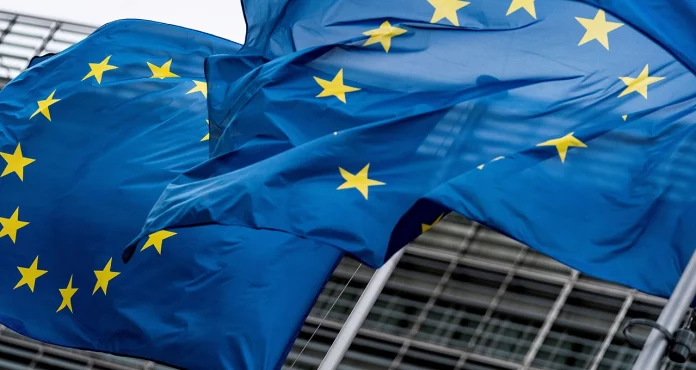Finance ministers from the Eurogroup (European Union countries use the Euro) stated that curbing inflation was their number one priority.
The EU’s executive arm, European Commission has revised its economic forecast for the economic bloc, citing rising inflation, dwindling growth and growing geopolitical and natural disruptions to business as the biggest drags on the economy as a whole.
“What we see is that economic growth is proving quite resilient this year. Still, one can expect some downward revision and even more so for the next year because of many uncertainties and risks,” said Valdis Dombrovskis, executive vice-president of the European Commission.
“Inflation is going to be revised upwards,” he stressed.
“Risk continues to increase in the face of Russian gas supply cuts. We’re heading into rough waters,” Economics Commissioner Paolo Gentiloni warned.
“Very limited, reduced and slowed economic growth as a result of the widening energy crisis caused by the Russian invasion of Ukraine,” he added.
“What we are seeing is that these continued high energy prices are trickling down to the rest of the economy and inflation is getting more entrenched and more widespread,” warned Dombrovskis.
“Brussels has numerous options when it comes to fighting inflation, including gas imports and price caps,” Gentiloni was quoted as saying.
Other financial institutions including the IMF (International Monetary Fund) have also warned of the drag the war in Ukraine will put on Eurozone economies.
Originally, the European Commission had predicted 4.0% economic growth on the year. But it is expected to peg that number at 2.7% when it unveils this year’s forecast on Thursday. Next year’s forecast looks gloomier still — originally pegged at 2.7%, it is now being revised down to 2.3%.
Annual inflation, which had been estimated to hit 3.5%, instead climbed to 6.1%, and monthly inflation for June hit a whopping 8.6%.
The focus on inflation clearly indicates a move away from the massive stimulus programs that defined the height of the coronavirus pandemic.
The European Central Bank (ECB) is expected to raise interest rates for the first time in 11 years on July 21,despite concerns of sparking economic contraction, t









